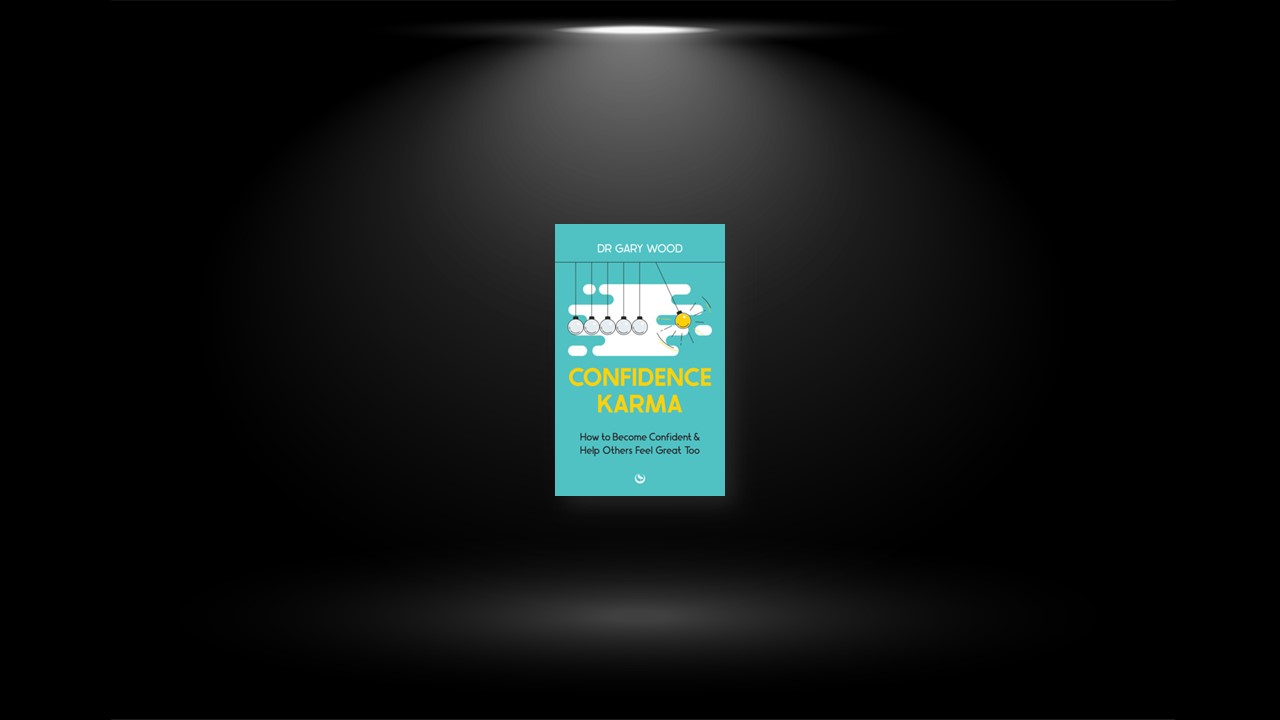Broaden and Build
Stress puts us into survival mode and narrows our focus. The fight-or-flight response is not an expansive state, it’s a knee-jerk, black-and-white state prompting a narrow range of survival-directed behaviours. This limited range of options quickens our response time. We don’t have to search our minds for the appropriate reaction. So, if we live our lives in perpetual stress, we narrow our options.
We are relaxed and not locking out new information. The broaden-and-build theory of positive emotions argues that cultivating positive emotions broadens our awareness and encourages learning. It was developed by Positive Psychologist Barbara Fredrickson. Its key insight is the understanding that in positive states we can entertain and explore new and varied feelings, actions and thoughts.
Although positive emotions do not necessarily have an immediate survival benefit, the additional skills and resources we build by broadening our options enhance survival. Friendships often begin from a greeting, sharing a joke or a bit of small-talk. This develops our social network. Grandparents know that playing with grandchildren provides a lot more exercise than they were previously used to. This may lead to improvements in health and energy levels.
Also, spending time cultivating positive emotions changes our perception so that we more likely to see the good in future events. It also helps to build resilience and improve coping strategies to deal with life’s challenges by putting negative emotional experiences into a much broader context. Higher resilience leads to improved well-being and happiness.
Every Breath You Take
Breathing is something we take for granted simply because it seems to take care of itself. However, many of us generally do not use the full capacity of our lungs. When we are stressed our breathing becomes even shallower.
By contrast when we are relaxed, happy and contented our breathing becomes fuller and deeper. Due to gravity, the lower part of the lungs has the greatest blood supply. This means that fuller, deeper breathing helps to reduce the number of breaths we take and is more efficient at oxygenating the blood. The heart doesn’t have to work as hard and blood pressure doesn’t need to be so high.
Deep breathing uses the abdominal muscles and the diaphragm, a large muscle between the lungs and the abdomen, to help fully inflate the longs. This also has a massaging effect on the internal organs, which improves blood flow and detoxification. If this isn’t enough, research has indicated that controlled breathing slows down the heart rate, normalizes blood pressure, improves digestion, increases energy and improves cognitive functions.
A knock-on effect is that it may even make sex more enjoyable. Surely this sounds like a great recipe for confidence? Since we have to breathe anyway it is one of few things in life that yields such a big return on such a minor investment.
Meditation is a Walk in the Park
We use the phrase ‘a walk in the park’ to describe something that’s easy to do. So, some time this week, make an appointment with yourself in your diary to go for a walk in the park, or a walk in nature. The aim is just to experience the moment not to analyse it. Just enjoy being outdoors. If thoughts or worries intrude just acknowledge them and let them go. Just look around, look at the branches on a tree, study a leaf, anything that’s about being in the present moment.
Essentially, this is meditation. Take long slow deep breaths. Stay there for as long as you wish. If you want to reflect on your thoughts and feelings afterwards, that’s up to you. Does this fit in with your idea of what meditation is supposed to be like? Now try other experiences such as a walk in the park, or a walk by the river, or try sitting outside a café just for the sake of being there. Make a note in your diary to meditate in this way at least once a week.
Meditation provides a free and easy way to tune out from the noise of everyday life and take control of your stress response. Its other benefit is that it helps with structural connectivity and slows down the natural ageing process of the brain and protects against cognitive decline.
Just Having More Fun
When you smile you release chemical messengers deep within your brain known as endorphins. Once released, they travel down the spine sending feel-good messages throughout the rest of your body as they go. Endorphins have the effect of pain-killers, reducing physical and emotional pain, as well as providing a general feeling of well-being. This short exercise shows how you can trigger them at will.
Research has shown that endorphins are released when we smile and that we can trick the brain into doing this by practising the muscle movements as if we are smiling. When you find yourself smiling, hold a pencil in your mouth between your teeth to force you to maintain a small smile. This muscle movement will trigger endorphins. Do this whenever you feel yourself frowning. Combine it with any of these meditation exercises to compound the effect.
The medicinal effects of laughter are well documented. In fact, a really good laugh has much the same therapeutic effects on the body as deep abdominal breathing. Research has also shown that laughter appears to have a beneficial effect on blood vessels to increase blood flow. We could say that laughter is good for the heart. So, ideally, we should try to find something to laugh about every day, even if it’s just watching a comedy DVD instead of a horror film. A daily laugh helps reduce stress, improves respiration (so you gain even more out of your deep breathing), it lowers the stress chemicals and releases ‘the pleasure chemical’ dopamine. It’s often said that laughter is the best medicine. So don’t live your life in the placebo group!
Let’s Get Physical
If physical exercise is your idea of fun then you can also reap the benefits of its stress-busting effects. At the physiological level, regular exercise provides an outlet for the fight-or-flight responses, helping us to burn up stress chemicals. It’s also good for us to get away from stress-provoking circumstances for a while and helps distract us from reviewing negative thinking.
Physical exercise can help re-frame our perceptions too. Of course, as we know, exercise has numerous health benefits such as helping to reduce blood pressure, reduce cholesterol, improving cardiovascular fitness, maintaining a healthy weight and improving muscle tone. It also helps release good chemicals in the brain, such as serotonin. This is an important chemical that contributes to a range of functions, including sleep and wake cycles, libido, appetite and mood.
Some people live in their heads and divorce themselves from their bodies. Some people use the body to blot out thoughts. It’s hard to experience true confidence if you deny a part of yourself. Exercise is a means of reconnecting with your body.
At the very least our bodies need a good stretch. We do it every morning but probably not enough to stretch out our muscles and release tension. Practices like yoga and Pilates are excellent for flexibility and core stability, helping to develop the abdominal and back muscles. Following a daily stretching programme, like gym warm-up stretches, has beneficial effects as does having a massage. Remember, if we remove the tension from the body, the brain will complete the process and any mental tension is reduced.


